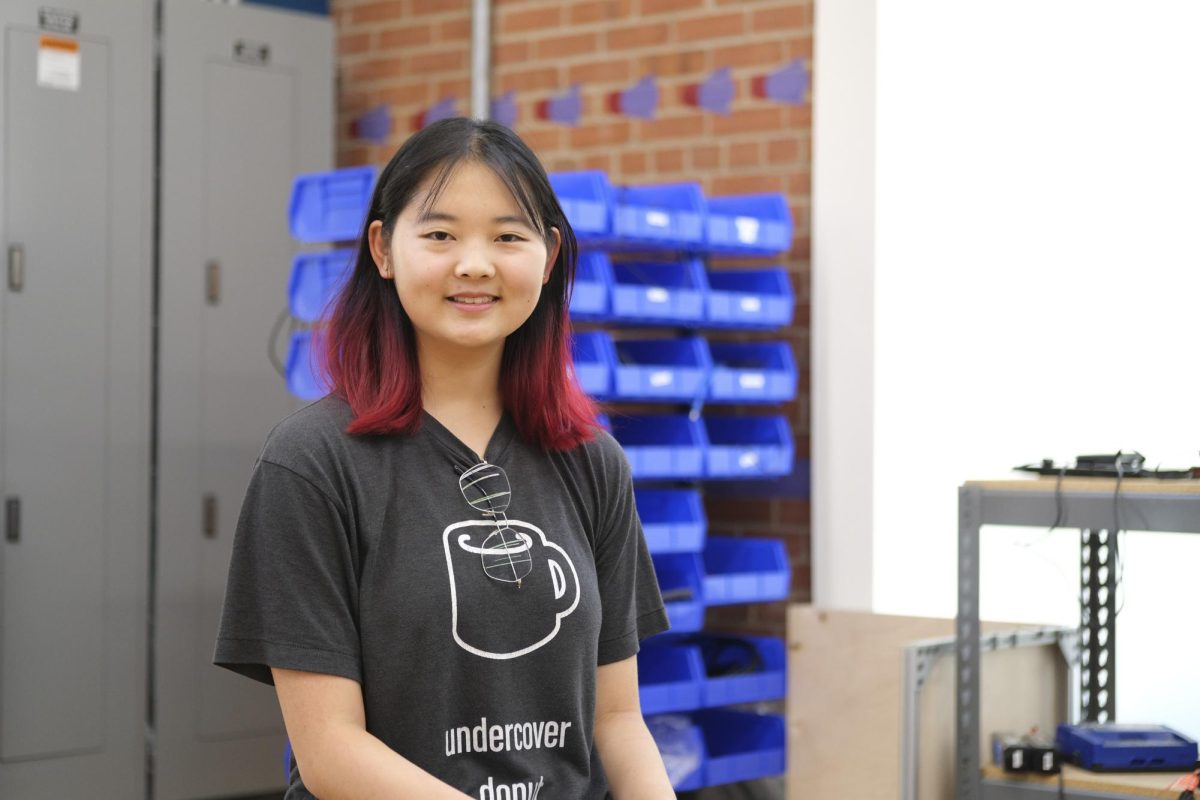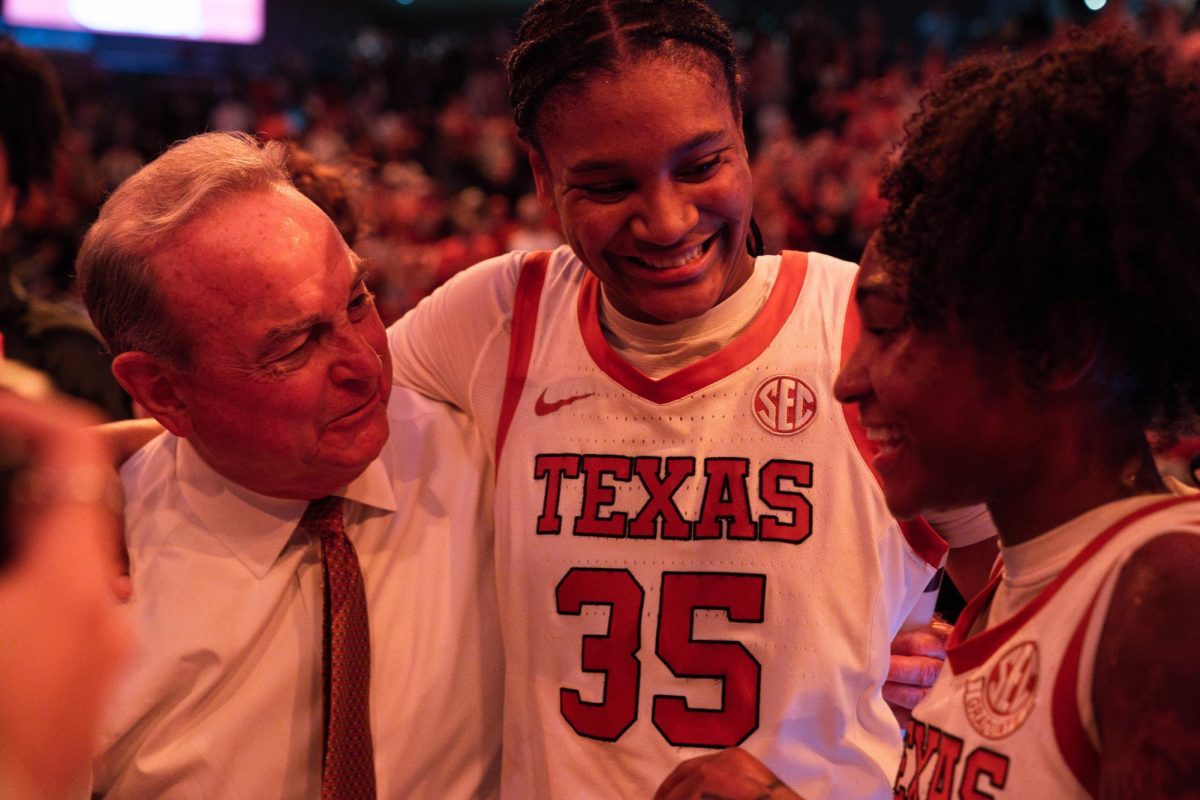Junior Luisa Mao shared her findings on a robot’s ability to differentiate terrains with artificial intelligence in a new research paper she completed on June 6 that now awaits official publication.
Mao is part of the UT Autonomous Mobile Robotics Laboratory, which aims to improve robots’ efficiency and robustness. She started the project during her sophomore year in collaboration with the United States Army Collaborative Research Alliance, which fosters innovative partnerships between the Army and universities.
Mao trained a robot named Jackal to identify the correct terrains it should move along, without labeling landscapes beforehand, with the help of artificial intelligence. She said labels are a big limitation with autonomous robots, but her paper overcomes this.
“(Without labels), that means that you can take this robot and put it anywhere in any kind of unknown environment with terrains that you’ve never seen before, and then it still works,” computer science and mathematics double-major Mao said. “That’s the kind of robustness that we need if we’re going to have robots actually operating and being useful in our world.”
While working on her research, Mao said she found challenges with getting Jackal to correctly label the different terrains she showed it.
“Training (Jackal) is pretty annoying because what you need to do is … gather a bunch of data of these images, and then also a human has to look at the images and label it with what it is,” Mao said. “(Jackal) also has a lot of limitations. What if (a) picture of the ground is both grass and rock? It can’t say it’s both.”
Robotics laboratory director Joydeep Biswas said the robots are given data from the real world to understand their surroundings, but the goal is for the robots to operate on their own without human assistance.
“If we don’t literally spoon-feed the robots and tell them ‘These are the things that you should care about,’ then it doesn’t do the right thing,” said Biswas, an associate professor of computer science. “We’re trying to understand how can these robots be general enough (so) they can do these tasks without having to be spoon-fed.”
Once robots like Jackal become more robust, Mao said they will deliver food and become wilderness rescuers. Zhiyun Deng, a doctoral mechanical engineering student who works in the laboratory, said robots will soon become a part of daily life.
Mao said her paper awaits approval from the Conference on Robot Learning, an international event for robotics researchers with a 30% acceptance rate. If her paper is accepted, she will travel to Germany in November to present her findings.
“The goal of all research papers is to show that you’ve made some kind of improvement to the community and you’re pushing the boundary of what is possible to do,” Mao said. “I hope (my paper) sparks more discussions on limitations and how to overcome those in different ways.”














